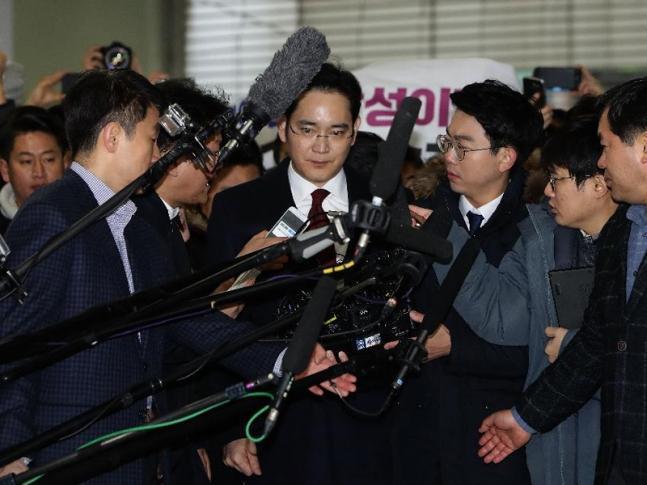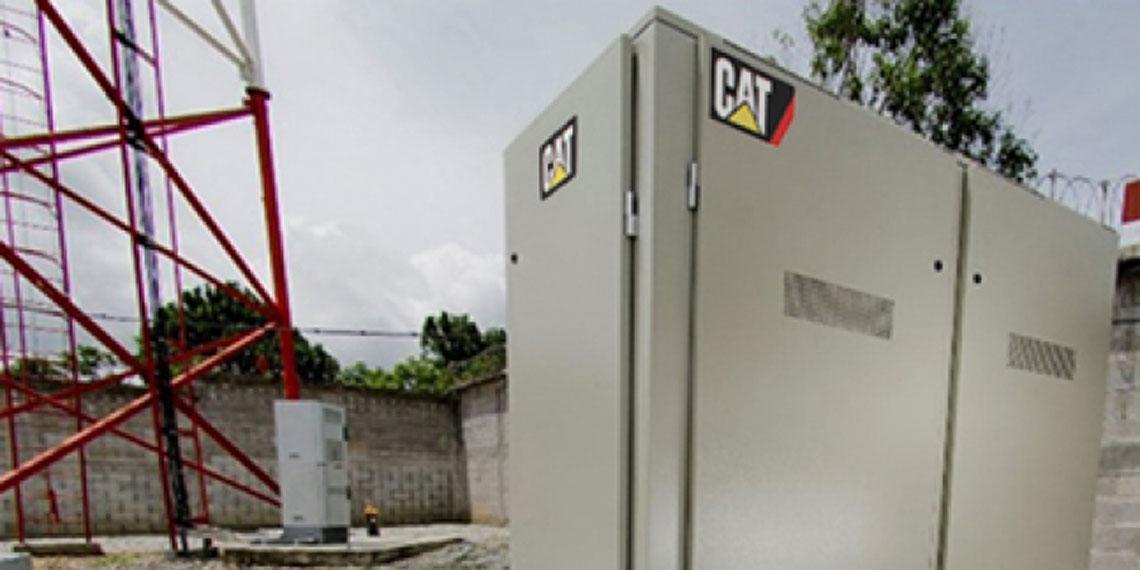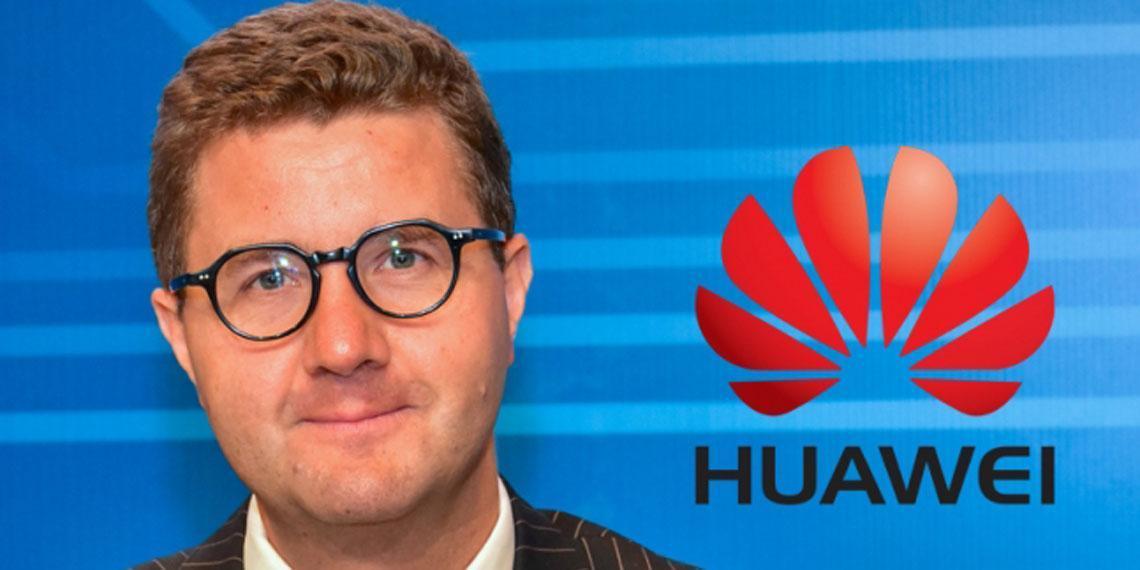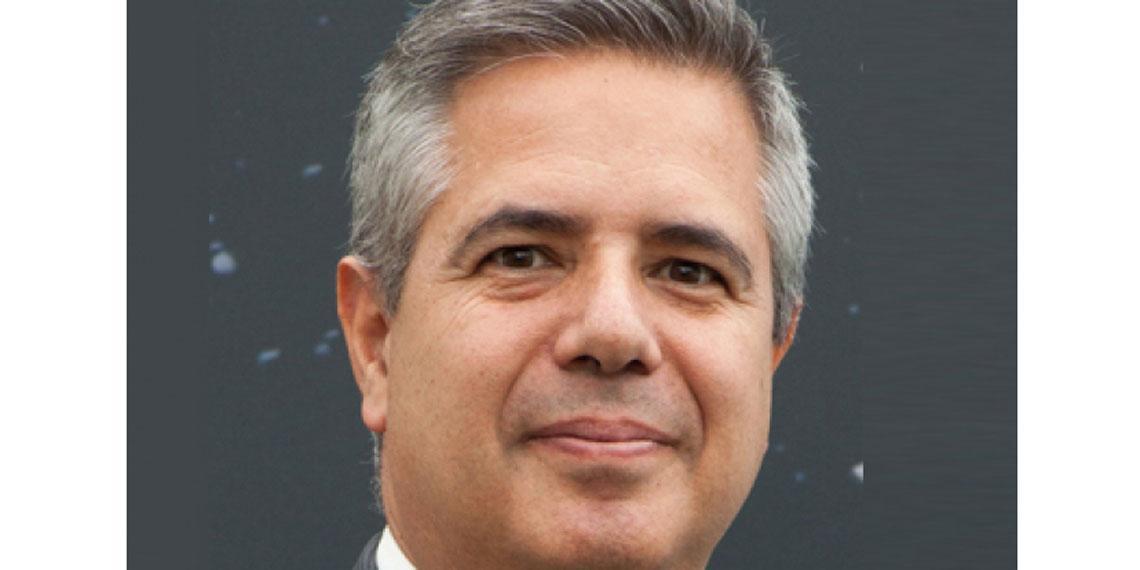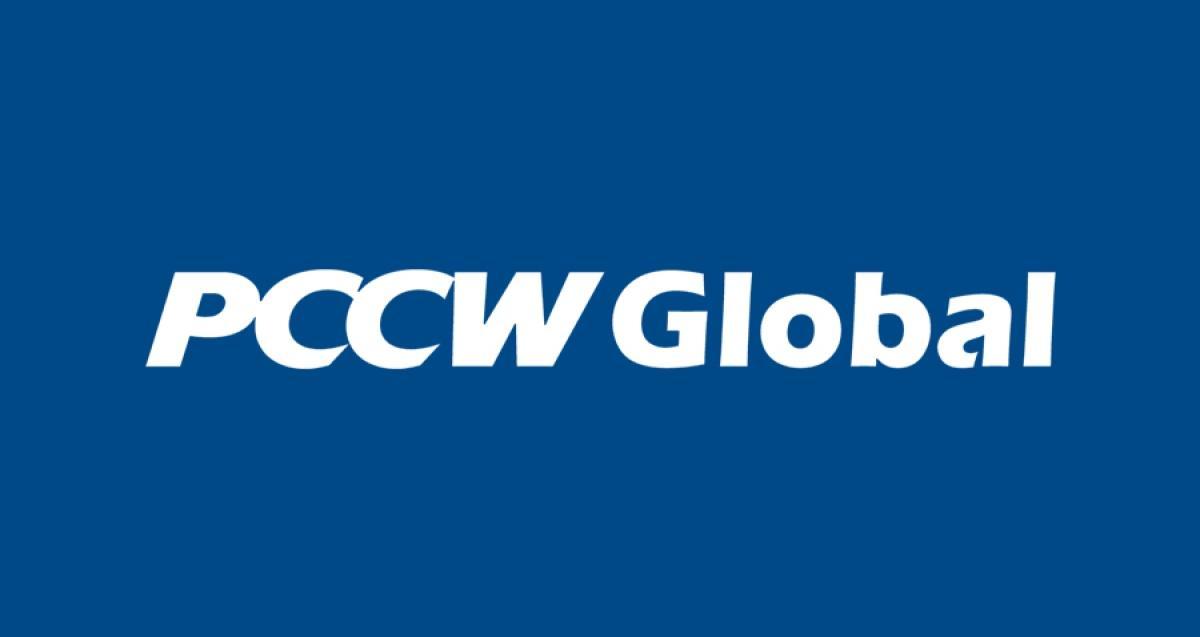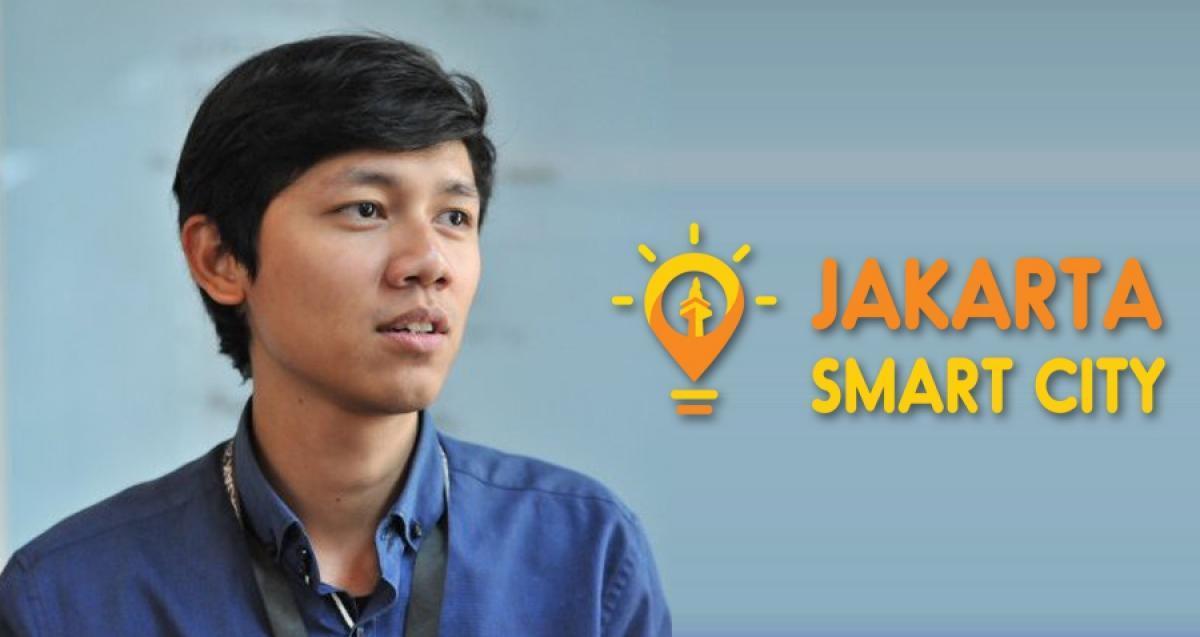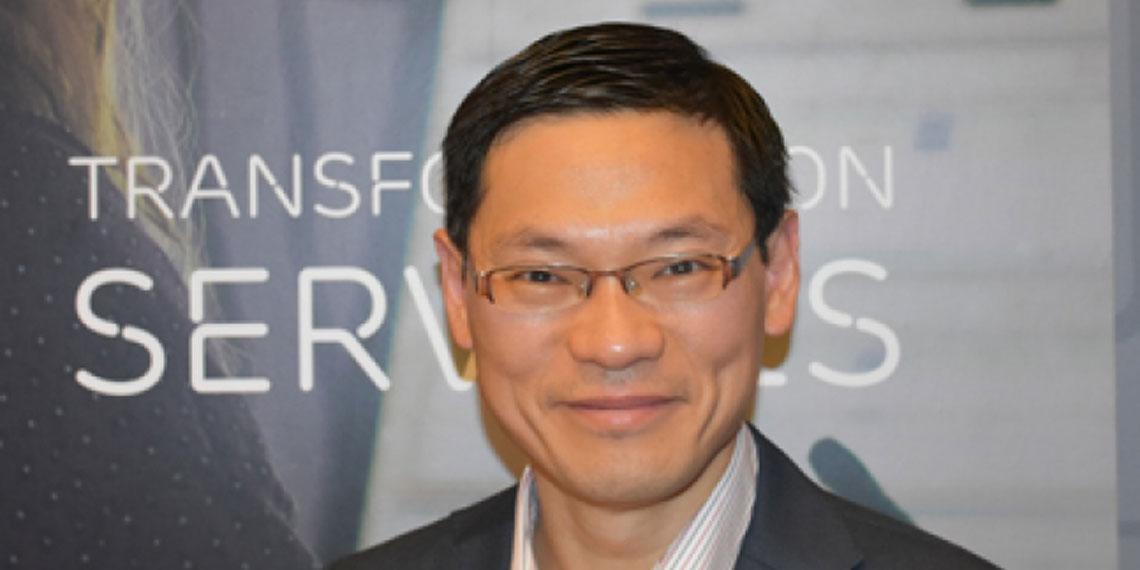Samsung shocked the world in September last year when it suspended sales of its flagship smartphone Galaxy Note 7 as reports of exploding batteries threatened to damage the reputation of the South Korean technology giant. The fiasco hit Samsung hard, after a global recall of the Galaxy Note 7 cost the company an estimated $5.3 billion, according to South Korea's Yonhap news agency. But even though the odds were stacked against the smartphone manufacturer, Samsung is showing signs of making a stunning comeback.
Featured Articles
How Zinc-air Energy Storage Could Change the World
By Chad Dozier, Caterpillar Inc.
In many areas of the world, traditional grid supplied power can be unreliable or even unavailable. An energy storage solution can keep a telecom site operational during periods of grid instability by discharging stored energy. One emerging solution is a zinc-air energy storage system.
Huawei's VP of International Media Affairs says company aims to be no. 1 in smartphone market
At IFA 2016 in Berlin this September, Huawei Consumer Business Group unveiled the Huawei Nova and the Huawei Nova Plus, the first smartphones in a new series designed to meet the needs of a more diverse customer-range. As the world's third largest smartphone vendor, Huawei is spreading its wings, says Roland Sladek, vice president of International Media Affairs at Huawei, who recently spoke to Telecom Review about the challenges Huawei faces in penetrating new markets like the United States, to see through its ambition to be the top premium smartphone distributor in the world.
Eutelsat Asia CEO talks APAC expansion and praises Facebook partnership
Headquartered in Paris, Eutelsat Communications, established in 1977, is one of the leading global satellite operators. Eutelsat Asia CEO, Jean-Francois Fenech, spoke to Telecom Review about the company's ubiquitous satellite coverage, expansion into Asia Pacific, and how Eutelsat satellites are poised to develop Africa's broadband market in partnership with Facebook.
Telecom Review Summit 2016 was all about ICT as the heart of a '˜Smart City'
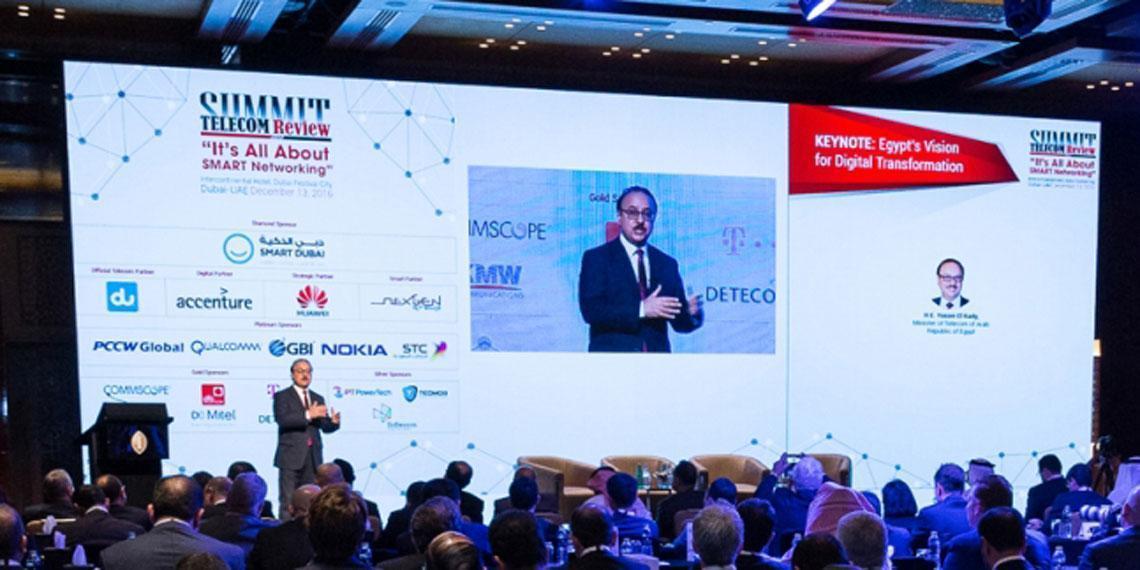
His Excellency Mr. Yasser El Kady, Minister of Communications and Information Technology, Arab Republic of Egypt
Telecom Review hosted its 7th successful annual Summit on December 13, 2016, held under the recurring theme: '˜It's All About SMART Networking'. Once again, the Summit gathered the best telecom and ICT industry leaders under one roof at the Intercontinental Hotel, Dubai Festival City, to share knowledge and insights about transitions happening within the telecom and ICT industry. This year's event focused on ICT as being the heart of a '˜Smart City'. Esteemed guests included His Excellency Mr. Yasser El Kady, Minister of Communications and Information Technology, Arab Republic of Egypt, who delivered an inspiring keynote speech.
PCCW Global CEO: We can be both OTT, and also QoS
Marc Halbfinger, PCCW Global CEO, was present at this year’s BroadcastAsia event held in conjunction with CommunicAsia and EnterpriseIT in Singapore. Speaking to Telecom Review, he discussed PCCW Global’s international activities, and its unique role in enabling service providers and content providers with flexible approaches to capital infrastructure and quality of service (QoS).
‘More connectivity, less discrepancy,’ says Jakarta Smart City’s Head of IT Development
Jakarta Smart City (JSC) is the most integrated public reporting and information platform in Jakarta, Indonesia’s sprawling capital city with a population exceeding 9 million. JSC was initiated in December 2014, developed to create one platform that provides public information about the city – in an age where data sharing is the key to prosperity. The initiative contributed to the motion of smart cities with the use of technology and communications to achieve better public services. It aims to enhance public participation, and enable the government to utilize data, provide feedback and criticism easily. Heading JSC’s IT Development is Prasetyo A. Wicaksono, a computer software specialist, who shares the initiative’s vision for a more efficient, resilient and connected Jakarta.
Dell OEM executives discuss Open NFV and the convergence of telecoms and IT
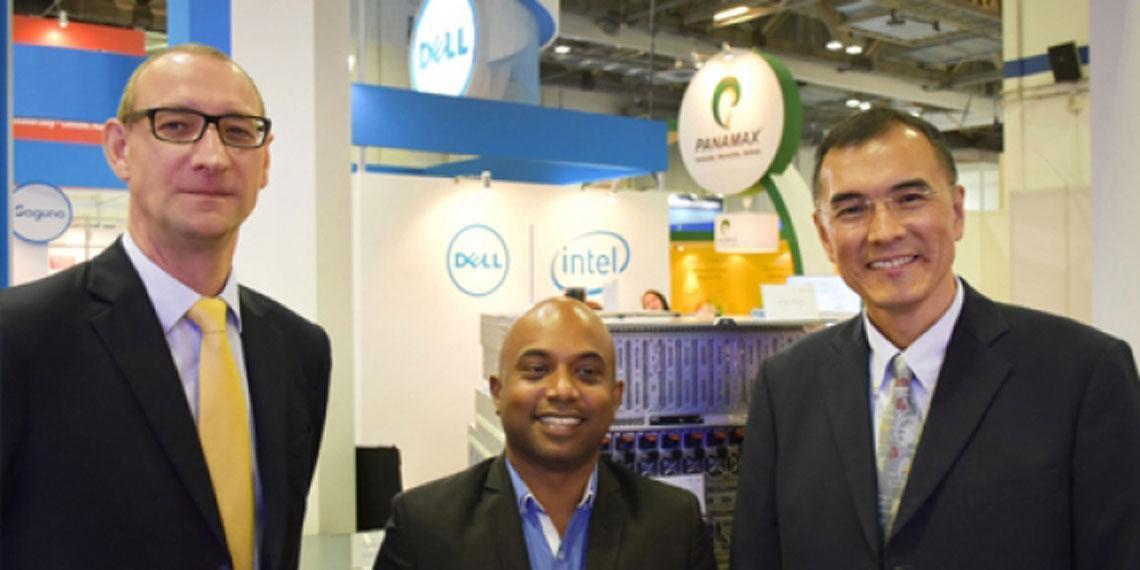
From left to right: Erwin Meyer, General Manager, OEM Solutions, Asia Pacific & Japan; Arul Dharmalingham, NFV Practice Lead, OEM Solutions, Dell, Asia Pacific; David Lin, Business Development Director, OEM Solutions Photo: Zane Small
The gap between telecoms and IT is shrinking rapidly as the two industries merge to form a new age of smart and efficient communication as defined by the Internet of Things. As an end-to-end IT supplier, Dell's role in telecoms is thus increasing. Dell OEM telecommunications executives, Erwin Meyer, General Manager, OEM Solutions (Telecommunications), Asia Pacific & Japan and David Lin, Business Development Director, OEM Solutions (Telecommunications) recently sat with Telecom Review in Singapore to discuss Open NFV and Dell's role in telecoms: the convergence of telecoms and IT.
IoT is shrinking the world, says Ericsson's IoT Marketing Director Warren Chaisatien
Internet of Things (IoT) will shape communication in everyday life and business models. When smart products are connected, business opportunities and disruptive ideas involving things yet to be named will emerge, along with markets yet to be discovered. A world of opportunity awaits us. Once implemented, 5G, in conjunction with IoT, will further enable organizations to move into new markets and build new revenue streams with drastically new business models and use cases, including IoT applications.
China’s disturbing digital ‘Social Credit’ evaluation system
As a Communist nation, China is famous for its distrust of outsourced influence and internal uprising. Its citizens are no strangers to being evaluated by the government; a mammoth task monitoring 1.4 billion people. To maintain control of China’s vast population, the government has developed ‘China’s Social Credit System’ (SCS) to become mandatory in 2020, which will take in all of the big data tools of the information age, including electronic purchasing data, social networks and algorithmic sorting, to be used as an overall credit score for citizens.

